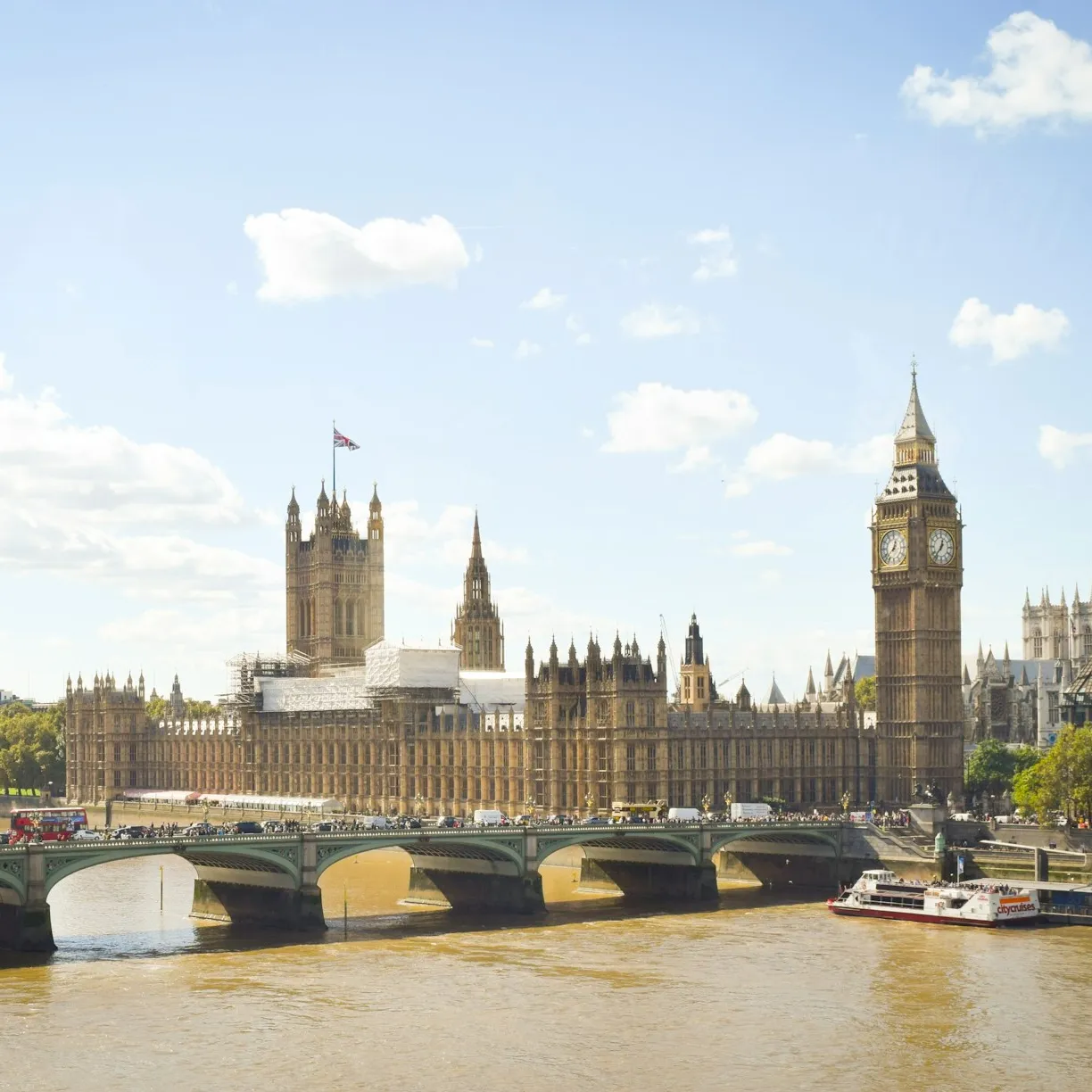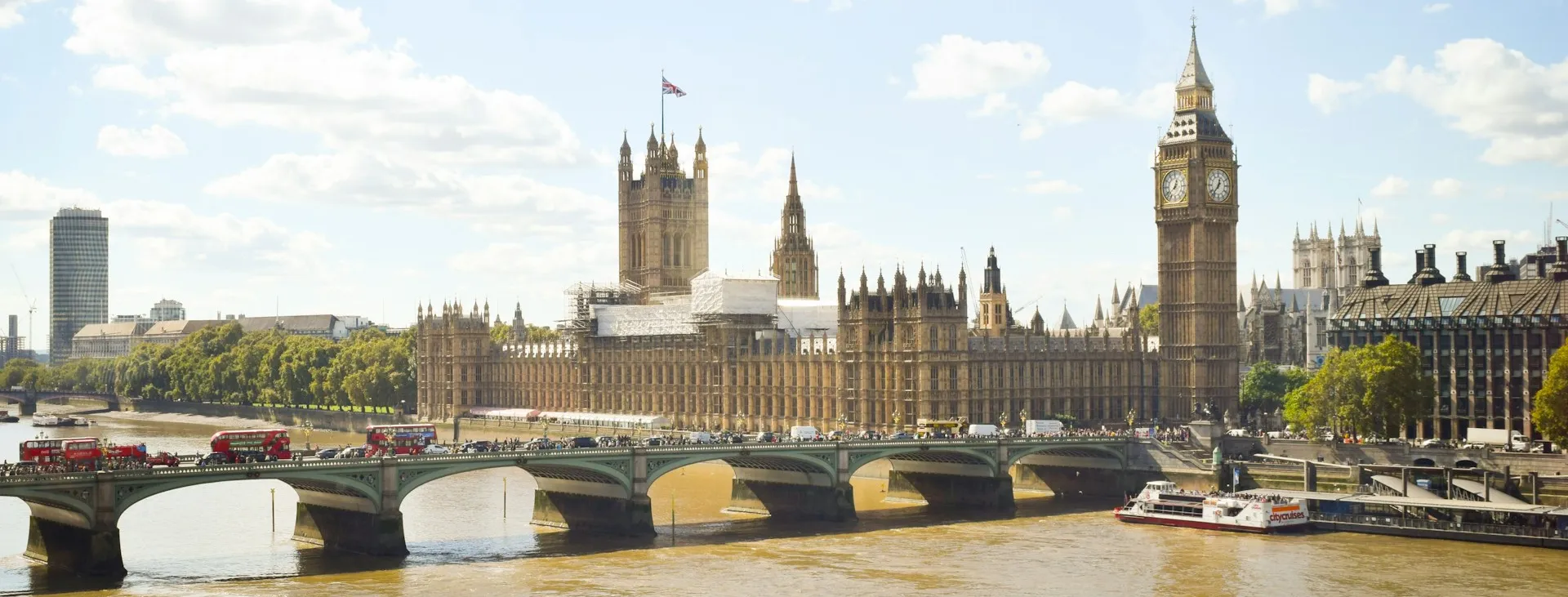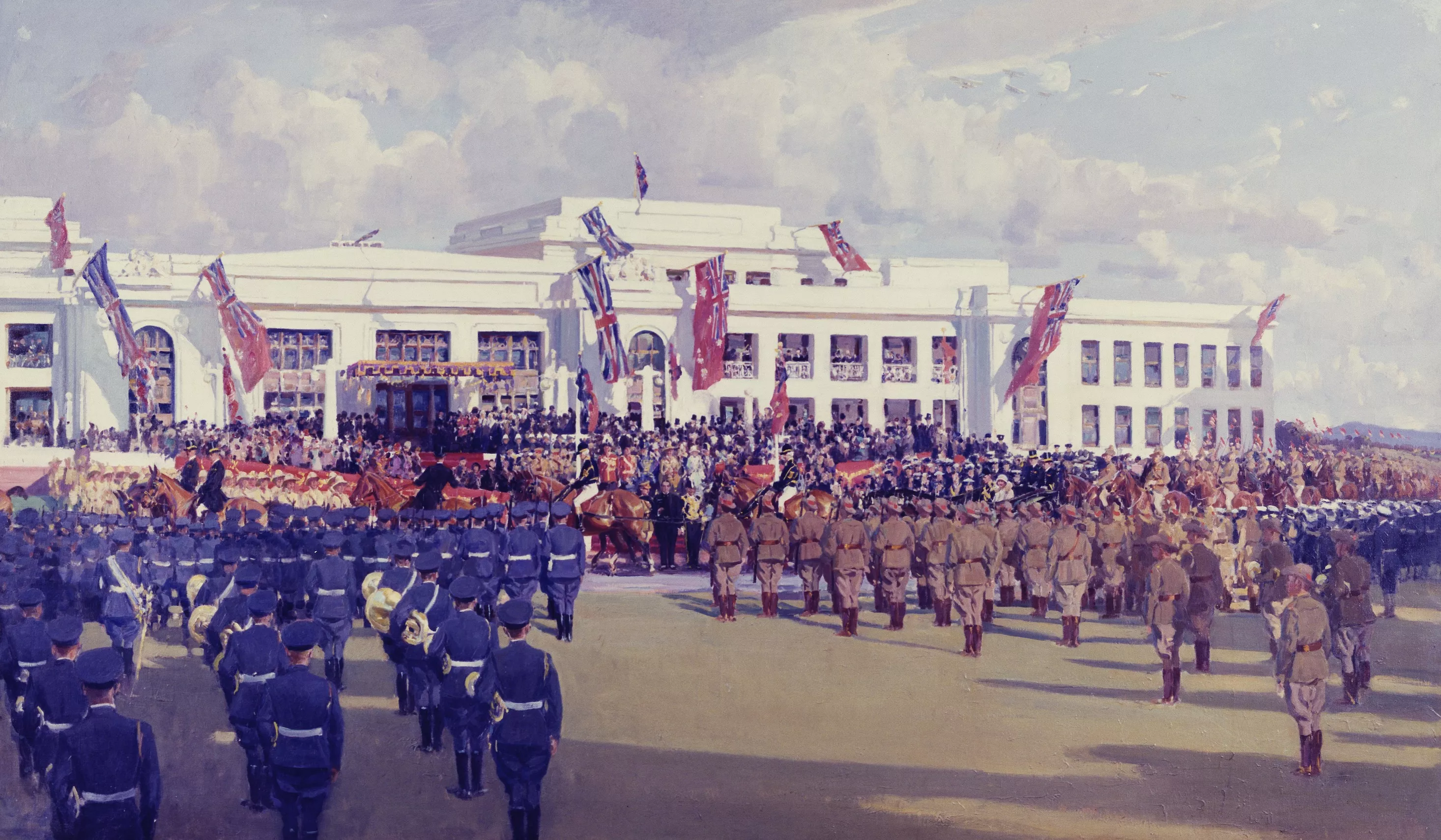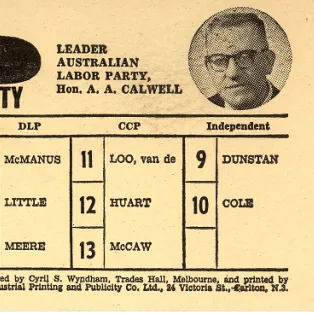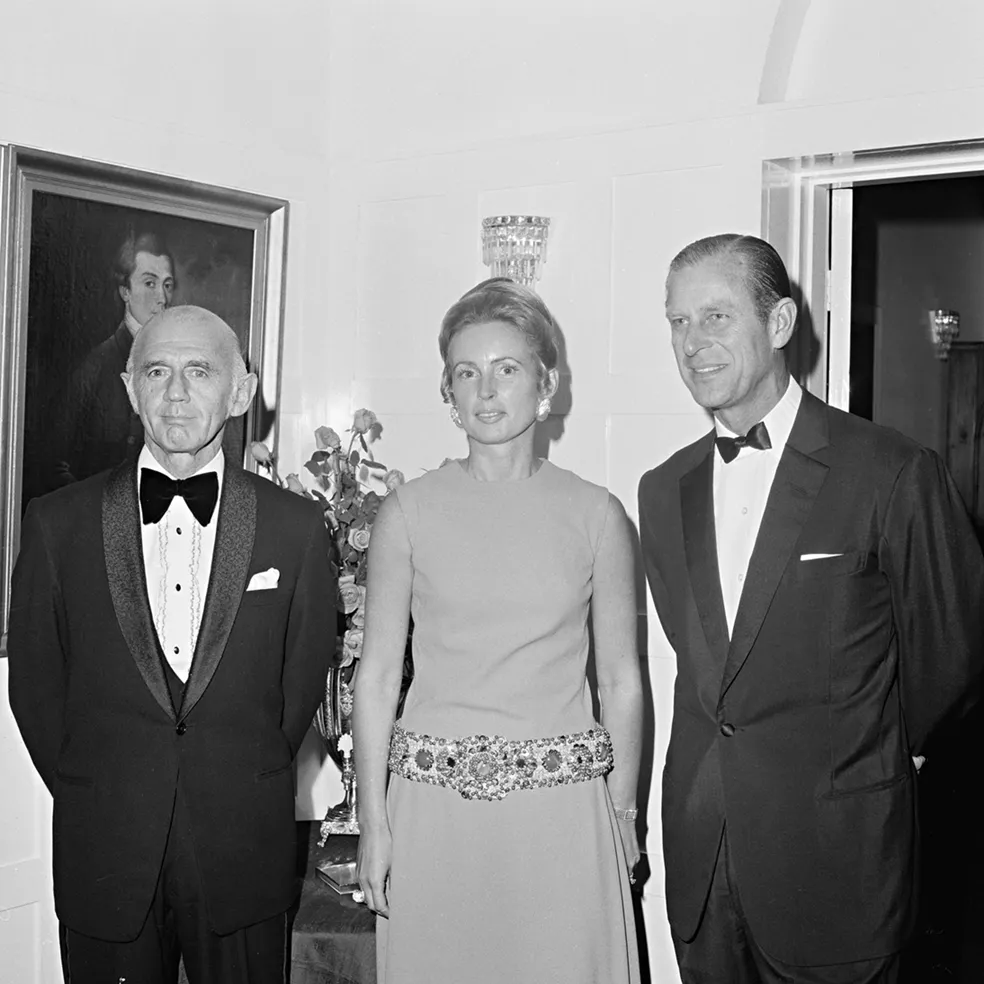What is a vote of no confidence?
- DateWed, 16 Jan 2019
Many Australians follow British politics, because of the ties between the two countries.
Both the UK and Australia operate under the Westminster system, in which the executive government is responsible to Parliament. With the House of Commons rejecting Prime Minister Theresa May's plan to exit the European Union, that same body is about to vote on a 'motion of no confidence'. But what does a vote of no confidence mean, and how does it work in Britain and Australia?
The government's authority under a Westminster system is derived from its majority in the lower house of parliament. The party or coalition with a majority of members of that chamber is appointed to form a government, with its leader becoming prime minister. A confidence motion is one way a government's control of the lower house is tested.
How does a vote of no confidence work?
When a no-confidence motion is put to parliament, it contains words to the effect that the House no longer has confidence in the government. Special rules apply to no-confidence motions; the standing orders (the rules of parliament), are set up so the government can't block a no-confidence vote from happening under most circumstances. The motion is normally moved by the Leader of the Opposition, and debated just like any part of parliamentary business.
Normally when voting on business, members are 'paired' if they're sick or absent, with someone on the other side staying away to ensure balance. On a confidence question, these rules don't always apply, so every vote can be crucial. On the last vote of no confidence against a British government in 1979, one MP who was absent made the difference, as the motion was passed by a single vote.
If a motion of no confidence is successful, the government has two options. It can resign, and advise the head of state to commission someone else, probably the opposition. However, that new government might not have the confidence of the House either. A more common response, at least in Britain, is to call an election. When the Labour government of James Callaghan lost that fateful vote in 1979, this is precisely what they did. They lost that election to the Conservatives under Margaret Thatcher.
Has a vote of no confidence ever happened in Australia?
In Australia, a motion of no confidence in a government has never passed. In 1975, the House passed a vote of no confidence in the Fraser government after Gough Whitlam had been dismissed as prime minister. Fraser did not have a majority, but had already obtained agreement from the Governor-General, Sir John Kerr, to dissolve both houses. The motion passed, but Kerr's decision pre-empted it, so it didn't technically take effect. Controversy over Kerr's role is partly due to these events – some believe he conspired with Fraser to ensure the Speaker of the House never got to deliver the message of no confidence.
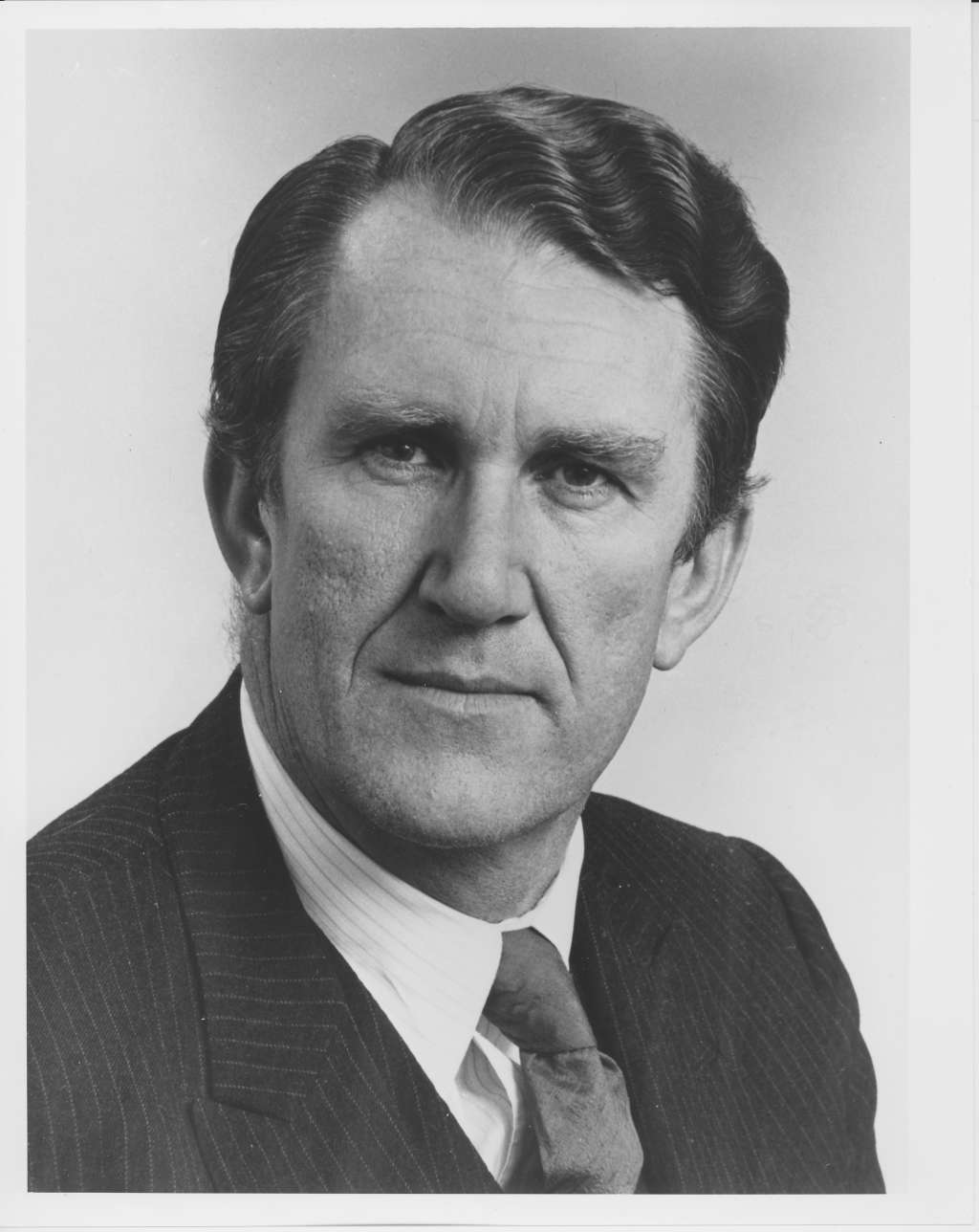
Malcolm Fraser. Image courtesy National Library of Australia.
There have been situations where the government has lost the confidence of the House in some other way. In 1929, Stanley Bruce's government was defeated on an amendment to the Maritime Industries Bill, and chose to call an election. Something similar happened to James Scullin over an adjournment vote in 1931, and in 1941, the Fadden government resigned when the House voted to amend its budget. In Fadden's case, there was no election; he advised the Governor-General to appoint Labor's John Curtin as prime minister.
What about other kinds of votes?
Governments can lose any other kind of vote in the House without having to resign and losing their majority does not automatically trigger such a vote. Sometimes the opposition will move a censure motion against the prime minister or one of their ministers. This is not the same as a no-confidence motion because it has no direct legal consequences. None of these motions have ever passed the House either, although they have passed the Senate several times.
If Theresa May's government survives tomorrow morning, it will still have the dubious distinction of being the first British government to even face such a threat for four decades.

